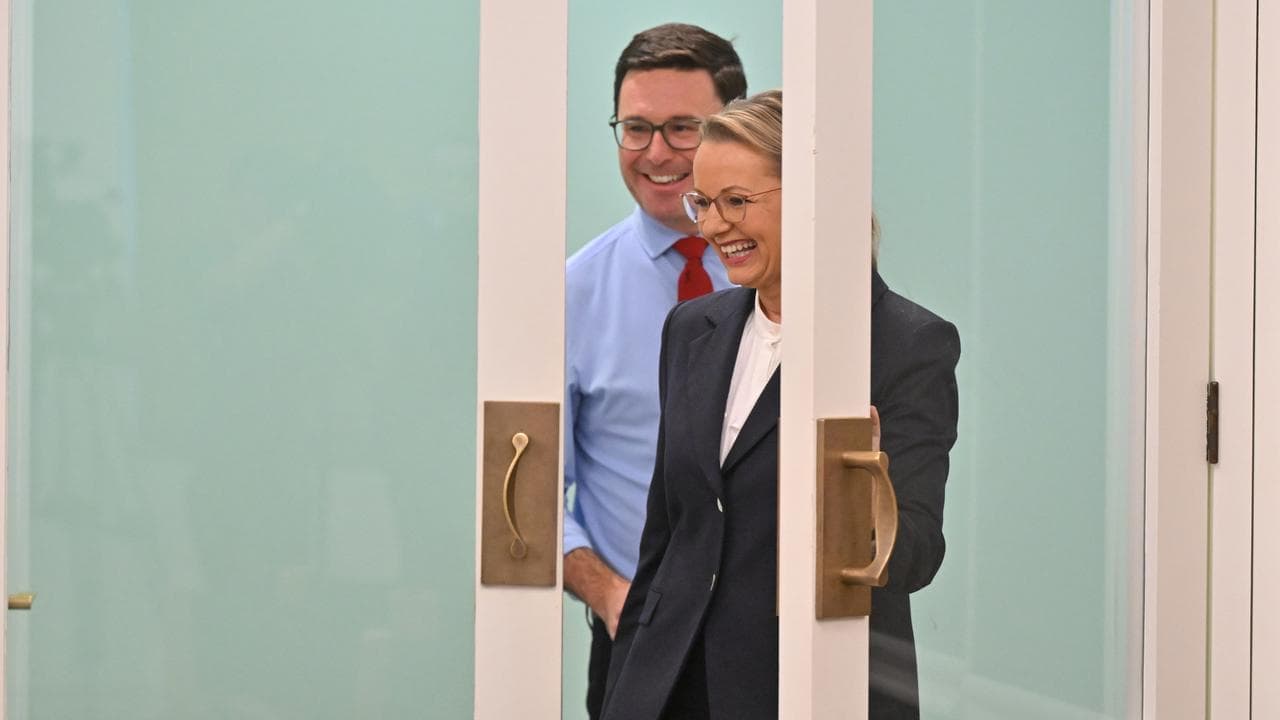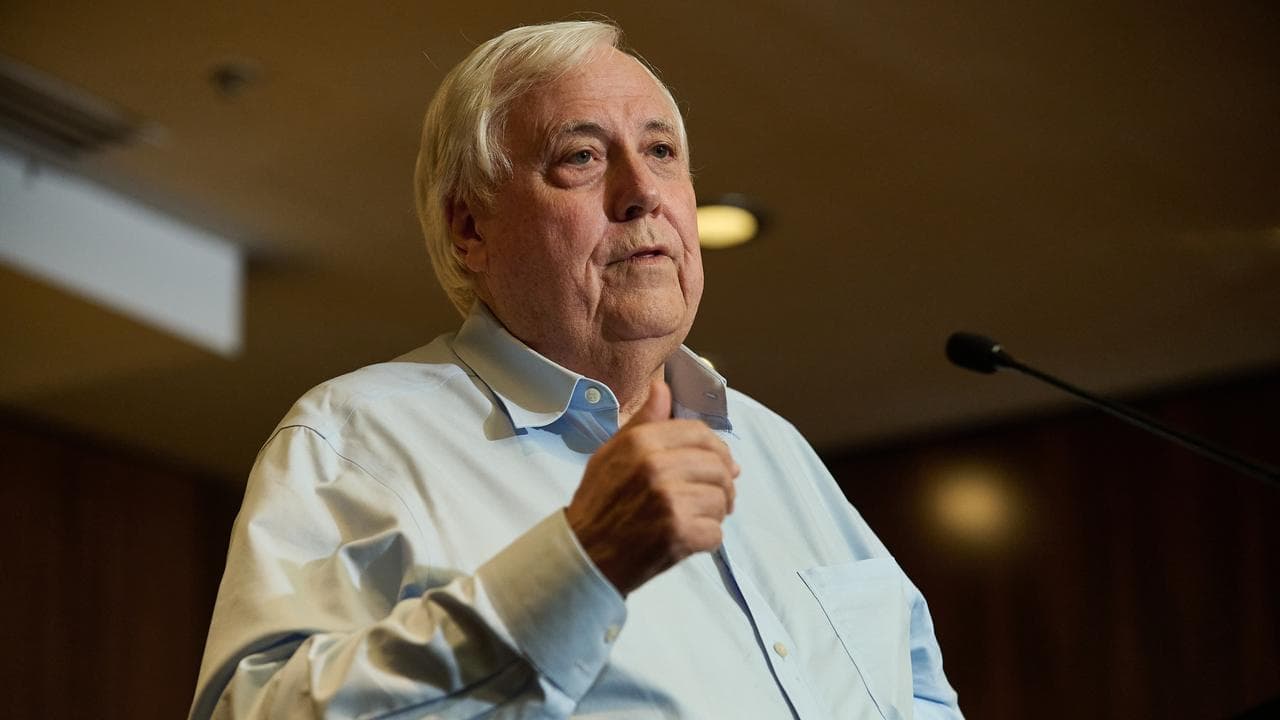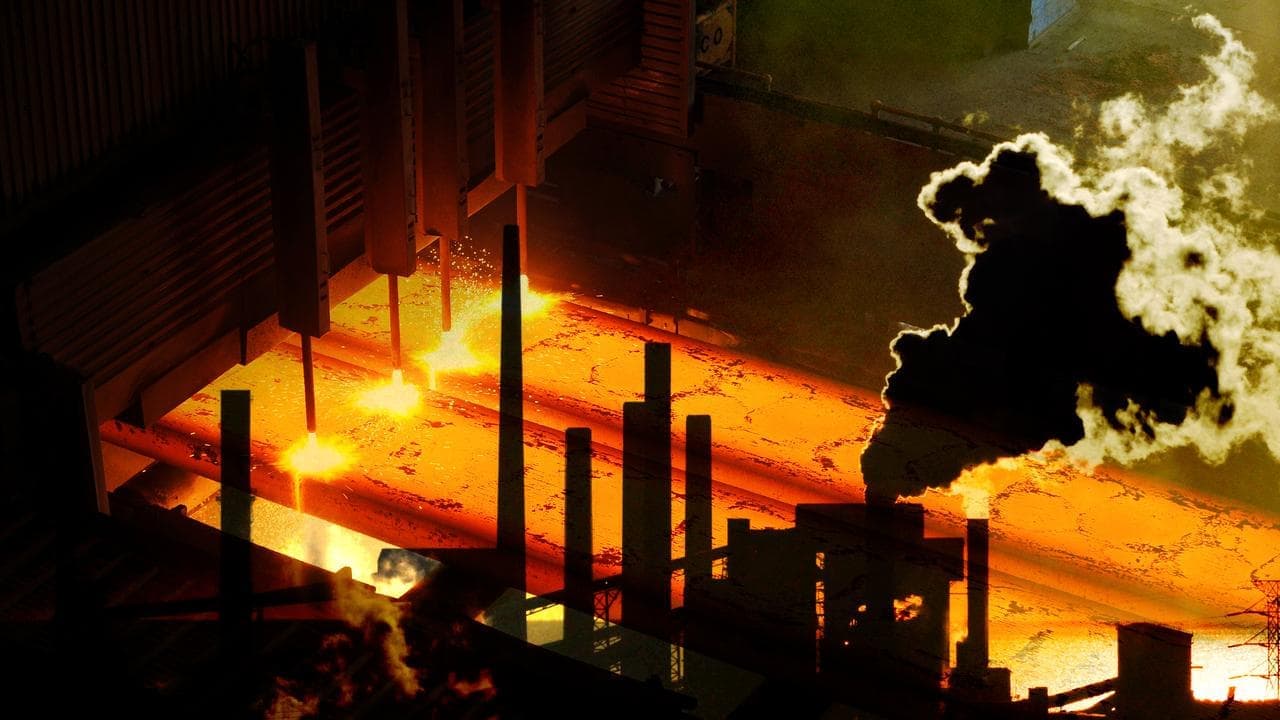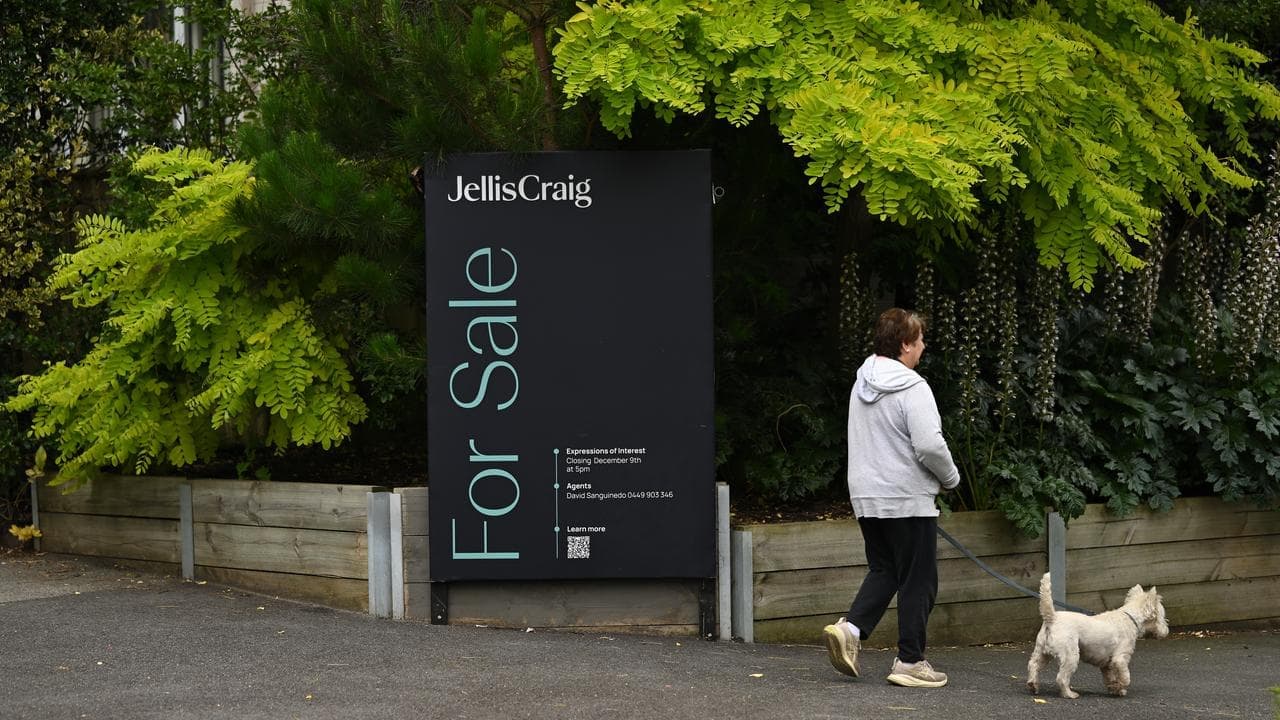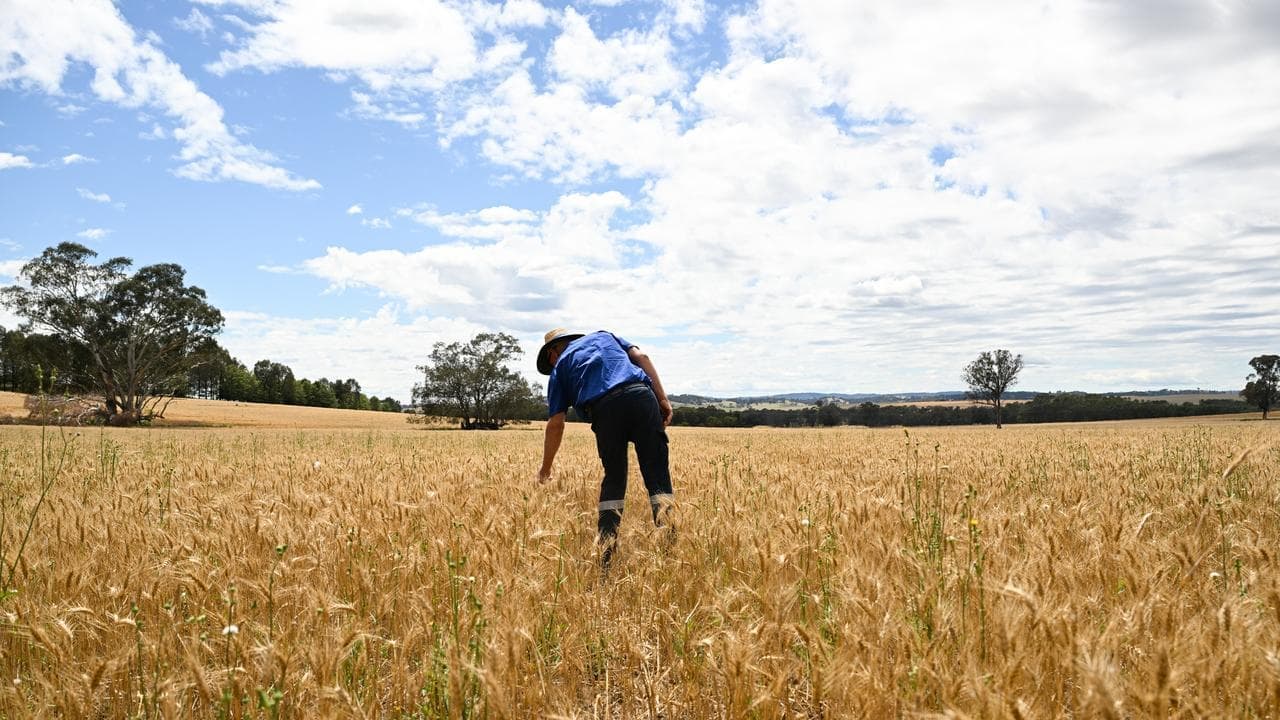WHAT WAS CLAIMED
Inflation has been consistently higher in Australia under the current Labor government than in any other major advanced economy.
OUR VERDICT
False. Official data shows inflation has been routinely higher in several advanced economies since May 2022.
AAP FACTCHECK - The Liberal Party is falsely claiming that inflation has been consistently higher in Australia under the Labor government than in any major advanced economy.
Statistics show inflation has routinely been lower in Australia than in several advanced economies, including some G7 members, since Labor was elected in May 2022.
Experts told AAP FactCheck that Australia's cumulative price growth since 2020 is around the middle of the pack among advanced economies globally.
The claim is in a Liberal Party video titled 'We can't afford three more years of Labor' that's circulated widely on YouTube, boosted by thousands of dollars in ad funds, ahead of the May 3 election.
A narrator in the YouTube video (timestamp seven seconds) argues that the Albanese Labor government has worsened inflation.
"Economists agree that Labor's wasteful spending has added to Australia's inflation, which has been consistently higher than any major advanced economy," the narration claims.
Liberal Party headquarters didn't respond to AAP FactCheck's request for evidence.
Data from the Organisation for Economic Co-operation and Development (OECD) and the International Monetary Fund (IMF) contradict the claim.
OECD data shows Australia's quarterly inflation has been lower than the OECD average since Labor was elected.
Annual year-ended inflation statistics from the IMF show G7 members Germany, Italy and the UK had double-digit inflation in 2022, while Australia's rate peaked lower at about 7.8 per cent.
The G7 is an informal group of advanced economies which also includes the US, Canada, France and Japan. The European Union (EU) is also a member, though it does not assume the group's rotating presidency.
Australia is not a member, but AAP FactCheck has used the group to compare the inflation rates of major advanced economies.
Year-ended inflation in 2023 was the same in the UK as Australia, and was higher in France.
The IMF data shows Australia had higher rates in 2024 than G7 nations, but quarterly OECD figures place Australia lower than the G7 average for inflation over the December quarter.
Stella Huangfu, a macroeconomist at the University of Sydney, said the claim is wrong, pointing out that Australia's inflation peaked in the bottom half of the G7.
"It's not accurate to say that inflation has been consistently higher in Australia than all other major advanced economies," Associate Professor Huangfu told AAP FactCheck.
"While Australia did record the highest inflation among G7 countries at certain points in mid to late 2024, this occurred only occasionally and for a short period."
Economist Saul Eslake said a better way to assess whether inflation has been consistently higher or lower in Australia than in other countries is to compare cumulative price changes.
Mr Eslake calculated this from December 2020, as inflation began rising, and found Australia sits around the middle of the pack compared to other countries, with less inflation than the UK, US and New Zealand.
"Australia's experience of inflation is broadly similar to that of most other 'advanced' economies," Mr Eslake told AAP FactCheck.
Evgenia Dechter, an economics expert at the University of NSW, said Australia's average inflation between March and December 2024 was lower than the UK, Netherlands and Iceland, based on OECD data.
But it was higher than the G7 average, including the US and the EU.
Associate Professor Dechter said that when comparing economic outcomes across countries, key factors include how fast inflation has eased and central bank interest rate decisions.
Government spending also played a role in adding to inflation, she said.
"Inflation in Australia has declined at a relatively slow pace compared to the selected OECD countries," she told AAP FactCheck.
All three experts agreed that government spending is far from the only factor influencing inflation, with Assoc Prof Huangfu saying it doesn't make sense to blame Labor for the trajectory.
"A more relevant question would be why inflation in Australia hasn't declined as much as it has in other major economies, like the US and the UK," Assoc Prof Huangfu said.
"The key reason is that the RBA [Reserve Bank of Australia] was less aggressive in raising interest rates compared to the US Federal Reserve and the Bank of England."
Interest rates, which the independent RBA sets, didn't rise as sharply in Australia after COVID-19 as in other countries, with governor Michelle Bullock saying repeatedly that central bankers have been attempting to preserve low unemployment.
Mr Eslake said that's a key point to note when comparing inflation with other nations.
"Australia experienced a much smaller increase in unemployment … than most other countries," he said.
Mr Eslake said public spending - including by states and the federal government - had contributed marginally to demand and therefore perhaps inflation.
"But it would be no less true to say that if government's had spent a lot less, we would have had at least one quarter of negative [economic] growth," Mr Eslake said.
AAP FactCheck is an accredited member of the International Fact-Checking Network. To keep up with our latest fact checks, follow us on Facebook, Instagram, Threads, X, BlueSky, TikTok and YouTube.







